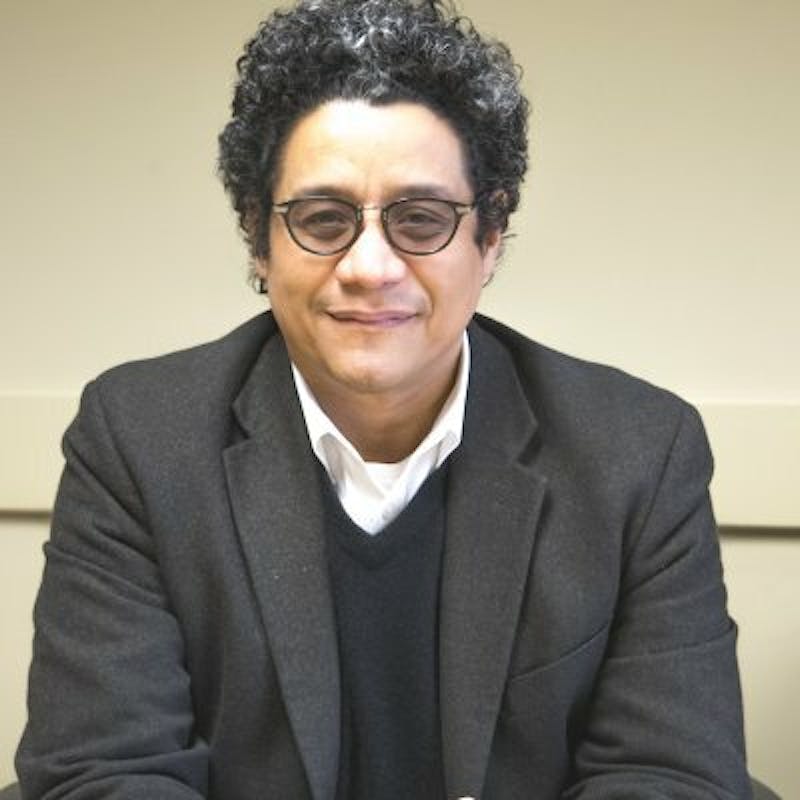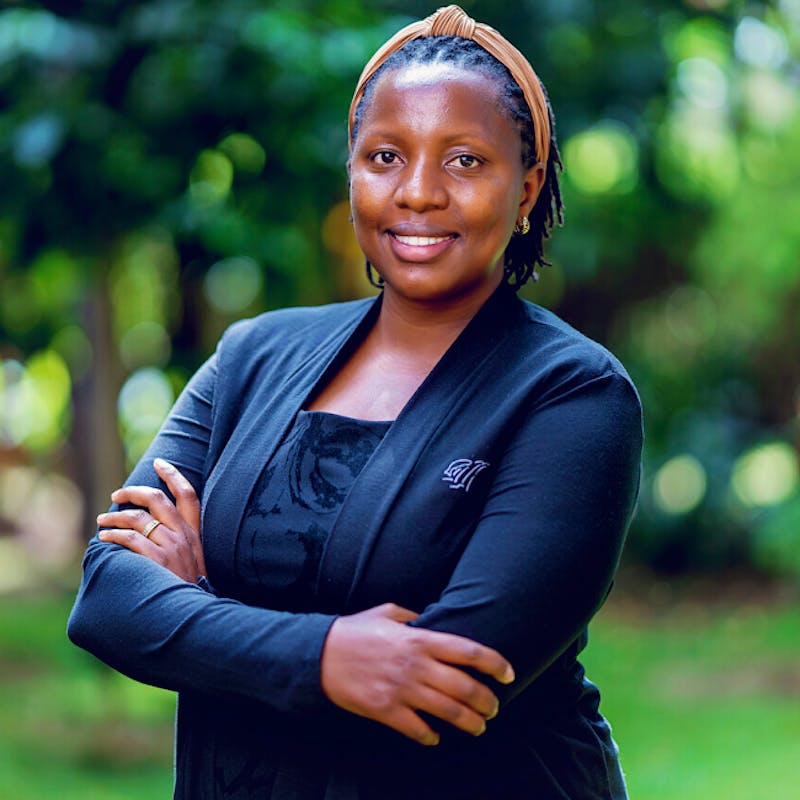Professor, Atmospheric & Environmental Sciences, University at Albany
Back to Events
Tech Leadership Standing Panel: Solving the Data Problem for the Climate Crisis Part 2: Solving the Local Data Problem for Climate Action
September 14, 2023 @ 01:00:00 pm - September 14, 2023 @ 02:30:00 pm
Eastern Time (ET)
The world urgently needs more and better data to solve the climate crisis. Global earth observation data is essential for understanding, modeling, and predicting the course of climate change, and better local data is essential to plan and implement programs for climate change mitigation, adaptation, and resilience. This two-part panel will discuss the state of both global and local data for climate action, current challenges, and new opportunities. It will explore data-related challenges that must be met if AI is to deliver on its potential as a tool to address the climate crisis and will contribute to NAPA’s grand challenge on making government AI ready. Both panels will be moderated by Theresa Pardo, Ph.D., Associate Vice President for Research and Economic Development, University at Albany, State University of New York and Joel Gurin, President and Founder, Center for Open Data Enterprise (CODE). We will have the honor of hearing from Jorge González-Cruz, Professor, Atmospheric & Environmental Sciences, University at Albany, Linet Kwamboka, Senior Program Manager, Data4Now, Ann Marie Chischilly, Vice President of the Office of Native American Initiatives, Northern Arizona University, and Johannes Friedrich, Director of Climate Data, World Resources Institute (WRI). The discussion will also include a conversation around a recently published Apolitical article, highlighting the Climate DART.
Part 2: Solving the Local Data Problem for Climate Action Government officials, community leaders, NGOs, business leaders, and scientists often don’t have the accurate, usable local data they need for climate action. Many countries, provinces, and cities lack reliable data on healthcare, transportation, infrastructure, energy, agriculture, or other systems needed for adaptation and resilience planning. This panel will explore multidisciplinary approaches to solving this problem, including the use of official statistics and government data and other, newer sources. Panelists will explore the potential for new forms of collaboration between national statistics offices (NSOs), national ministries (eg meteorological or environmental), and the private sector; data collection by NGOs; community science data programs; meteorological and other sensors; AI-enabled analysis of non-official data and data sources; improved granular data from satellite observations; and other strategies for collecting, publishing, and using both global and local data for climate action.
You can register for Part 2 using the button below. If you would like to watch the recording from Part 1, please scroll down to the bottom of this invitation.
Video Recording from Part 2
Solving the Local Data Problem for Climate Action
Thursday, September 14th, 1:00-2:30 pm (ET)
The Panelists

Jorge González-Cruz

Linet Kwamboka
Senior Program Manager, Data4Now

Ann Marie Chischilly
Vice President of the Office of Native American Initiatives, Northern Arizona University

Johannes Friedrich
Director of Climate Data, World Resources Institute (WRI)
The Moderators

Theresa Pardo
Ph.D., Associate Vice President for Research and Economic Development, University at Albany, State University of New York

Joel Gurin
President and Founder, Center for Open Data Enterprise (CODE)